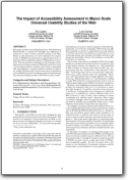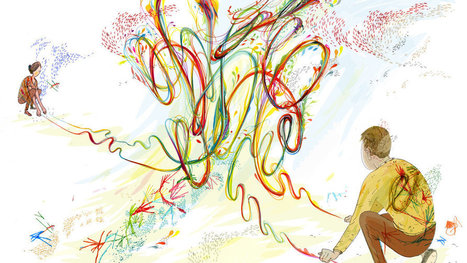“Nathaniel Tkacz … examines the entire Wikipedia project in the way that we as academics examine a Wikipedia article: questioning at every stage, digging deeper, looking through the project to its source, so as to apprehend its nature and come to a better understanding. Given the role and prominence of Wikipedia and those behind it, and how it has come to exemplify the internet itself, this is a critically important exercise – and Wikipedia and the Politics of Openness is an important book.
Research and publish the best content.
Get Started for FREE
Sign up with Facebook Sign up with X
I don't have a Facebook or a X account
Already have an account: Login
on peer-to-peer dynamics in politics, the economy and organizations
Curated by
jean lievens
 Your new post is loading... Your new post is loading...
|

Sabine Henrichfreise's curator insight,
March 19, 2014 3:21 AM
Collective Intelligence needs conditions to emerge. Gathering the whole system in one room to create new solutions in real time "pulls" collective intelligence. |














